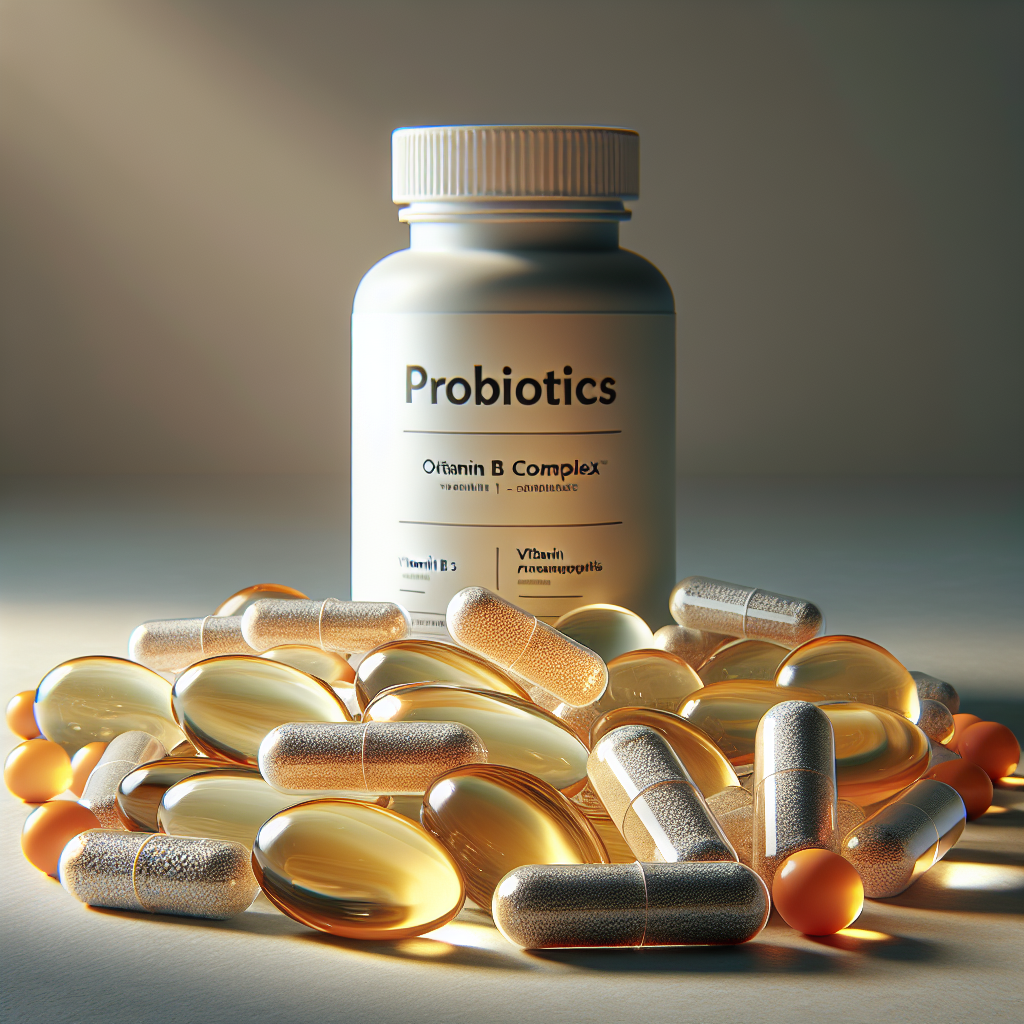Brain fog is a common term used to describe symptoms that affect your ability to think. People experiencing brain fog may feel confused, disoriented, and have a hard time focusing, remembering information, or making decisions. While numerous factors can contribute to brain fog, including stress, lack of sleep, and hormonal changes, diet plays a significant role in cognitive function and can be a fundamental tool in managing and improving symptoms of brain fog. This article will explore how a healthy diet can combat brain fog and enhance cognitive clarity.
Understanding Brain Fog and Its Dietary Connections
Brain fog is not a medical condition but a symptom of various underlying issues. It’s often related to inflammation, changes in blood glucose levels, and nutritional deficiencies, all of which can be influenced by diet.
For example, diets high in refined sugars can cause spikes in blood sugar levels, leading to a crash that impacts mental clarity. On the other hand, certain foods contain nutrients that support brain health and can help alleviate brain fog. Linking to the Brain Health section at Avix Health, it’s clear that nutrition is intricately connected to cognitive function.
Foods to Include in a Brain-Healthy Diet
A diet that combats brain fog is rich in fruits, vegetables, whole grains, lean proteins, and healthy fats. These foods provide antioxidants, vitamins, and minerals essential for brain health. Here are some key components to consider:
- Omega-3 Fatty Acids: Found in fatty fish like salmon, these healthy fats are linked to improved cognitive function and a reduction in brain fog symptoms. They are essential for maintaining the structure of brain cells.
- Antioxidants: Berries, dark chocolate, and leafy greens are rich in antioxidants, which protect the brain from oxidative stress that can contribute to cognitive decline and brain fog.
- Whole Grains: Whole grains provide a steady source of energy to the brain, helping to keep blood sugar levels stable and maintain mental clarity.
- Nuts and Seeds: These are excellent sources of vitamin E, an antioxidant that is associated with less cognitive decline as you age.
Incorporating these foods into your diet not only helps in managing brain fog but also contributes to overall brain health. To learn more about the cognitive benefits of specific foods, consider reading about the Impact of Aerobic Exercise on Cognitive Clarity and Focus which also touches on diet’s role in conjunction with physical activity.
Nutritional Strategies to Reduce Brain Fog
1. Stay Hydrated
Dehydration can lead to reduced cognitive performance. Water is crucial for delivering nutrients to the brain and for removing toxins. A study on hydration and cognitive performance, which can be found at Frontiers in Human Neuroscience, demonstrates how even mild dehydration can impair attention and memory.
2. Balance Blood Sugar Levels
Consuming a balanced diet that includes fiber-rich foods can help stabilize blood sugar levels. For example, a study available at The Journal of Nutrition shows that dietary fiber can reduce the risk of developing cognitive impairment.
3. Incorporate Fermented Foods
Fermented foods like yogurt, kefir, and sauerkraut are rich in probiotics, which are beneficial for gut health and, as a result, brain health. The gut-brain axis is a well-established concept linking gut health to mental clarity.
4. Focus on Micronutrients
Deficiencies in certain vitamins and minerals can lead to brain fog. Ensuring adequate levels of B vitamins, vitamin D, magnesium, and iron is essential for cognitive function. For further insight, an article on vitamin D’s role in brain function can be accessed through Neuroscience & Biobehavioral Reviews.
Avoiding Dietary Pitfalls
Equally important to what you include in your diet is what you avoid. Processed foods, high sugar intake, and excessive caffeine or alcohol can exacerbate brain fog. For instance, the American Journal of Clinical Nutrition provides evidence on how high sugar intake may negatively affect cognitive function.
Practical Tips for a Brain Fog-Fighting Diet
- Plan Your Meals: Prepare balanced meals that include a variety of nutrients to support brain health.
- Mindful Eating: Pay attention to how different foods affect your cognitive clarity and adjust your diet accordingly.
- Regular Eating Schedule: Maintaining a consistent eating pattern can help regulate blood sugar levels and prevent mental energy dips.
Supplements and Brain Fog
While a healthy diet is paramount, certain supplements may be beneficial in combating brain fog. For example, omega-3 supplements can support those who do not consume enough fatty fish. To understand the role of supplements in cognitive function, explore the Cognitive Function and Nutritional Supplementation article.
The Role of Lifestyle Changes
Diet isn’t the only factor in managing brain fog. Adequate sleep, regular physical activity, and stress management are also critical. A combination of these healthy lifestyle habits can have a synergistic effect on improving brain fog. For further reading, consider the article on the Impact of Stress Management on Neuroplasticity.
Conclusion
Combatting brain fog involves a multifaceted approach, with diet being a cornerstone. By focusing on a balanced, nutrient-rich diet and being mindful of lifestyle choices, you can significantly improve your cognitive clarity and overall brain health. Remember, each individual is different, so it’s important to listen to your body and consult with a healthcare professional before making significant dietary changes, especially if you’re considering supplements.
By incorporating these dietary strategies and making informed lifestyle changes, you can pave the way for a clearer, more focused mind, free from the haze of brain fog.



